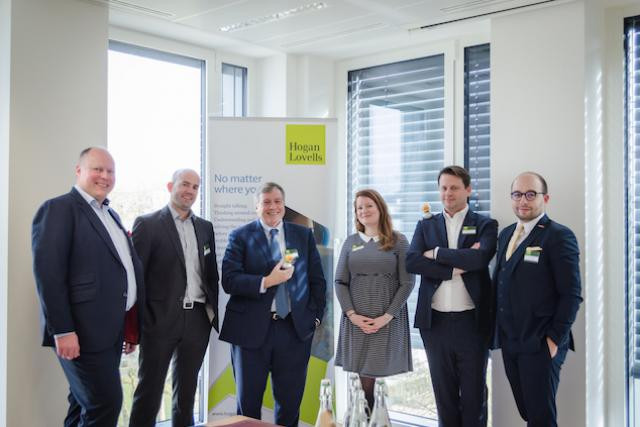My resources?
The legal uncertainty on whether a space resource can be owned privately will shape the development of space industry. The current international treaties, dating back to the 60s and signed by over 120 countries, provide that outer space shall be explored and used in the interest of mankind and cannot be owned by any country.
If the actors cannot even be sure of whether they can keep the extracted resources and sell them freely, why bother raising funds to develop new technologies? Peace on Earth has been the goal of those treaties but they should now evolve to foster collaboration between all players. Since international political determination in this area depends on the individual (and sometimes contradictory) interests of each country, a quick global agreement is unlikely to be found.

If space mining remains legally uncertain, a lot of other sub-sectors that are not affected by are flourishing. The space industry takes several forms and aims at achieving diverse objectives. Moreover, technology is no more a burden or a limitation. The real challenge (and opportunity) here is to bring technology, law and business in sync as they are moving at a different pace.

The big difference between now and then is actually the importance that the private sector is taking in the equation. Perhaps (and hopefully), this is THE element that will make the difference.
Importance of industry gatherings
For the sector players networking, market trends, capital raising, obstacles, etc. are already discussed at large dedicated conferences. As tailor-made solutions and being close to market needs are part of our DNA, we strongly believe that smaller events are useful, too.
Collaboration is a key element for development as, in the space industry, all sectors are particularly depending on each other and one cannot progress without the other(s).

Looking beyond?
Our global reach and industry-focused approach of the market allow us to gather experience and competencies, all over the world, to provide tailor-made solutions. The space sector is another opportunity for Luxembourg to reinvent its future, with both opportunities and challenges that we are used to cope with.

Scot Anderson is an experienced Hogan Lovells partner from Denver, specializing in energy and natural resources (including mining) whose personal life and curiosity led him to become interested in space mining.
He can now capitalize on his huge experience to help this sector to progress.
You will find his podcast on this topic here and his detailed article (co-authored with his team) here.
 Pierre Reuter, our office managing partner, has entered the sector through the regulatory field. Being located in Luxembourg, a trailblazer country in so many fields, forces him to adopt a business-oriented and strategic approach of the legal market. This brings ideas and makes us look beyond.
Pierre Reuter, our office managing partner, has entered the sector through the regulatory field. Being located in Luxembourg, a trailblazer country in so many fields, forces him to adopt a business-oriented and strategic approach of the legal market. This brings ideas and makes us look beyond.
You can read his article about the Luxembourg space industry here.
What attracts us most in this field is the potential for cross-border, cross-practice legal support and the experience that we can provide to the industry to anticipate (and prevent) negative consequences and losses relating e.g., to litigation, issues with capital raising, corporate structuring and tax planning. Serving the nascent space industry at our highest level is our way of looking beyond.
